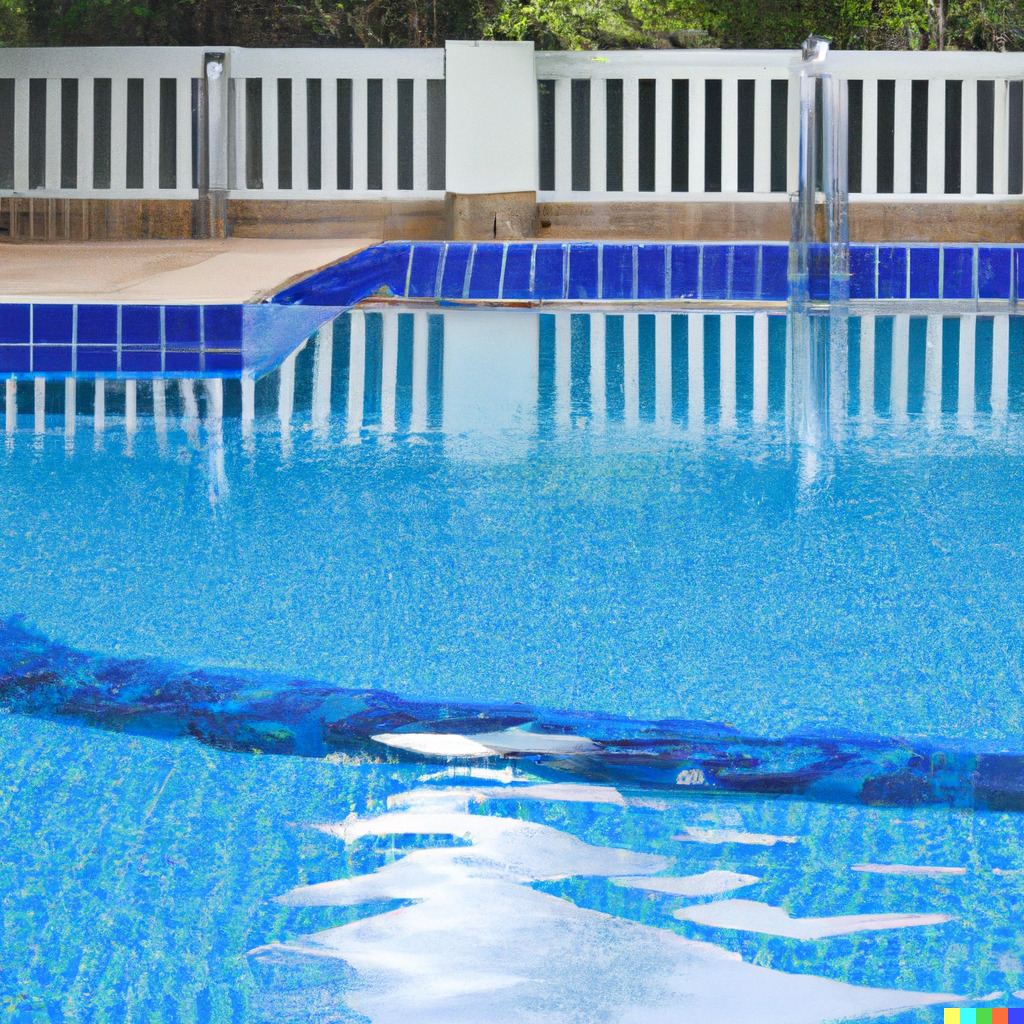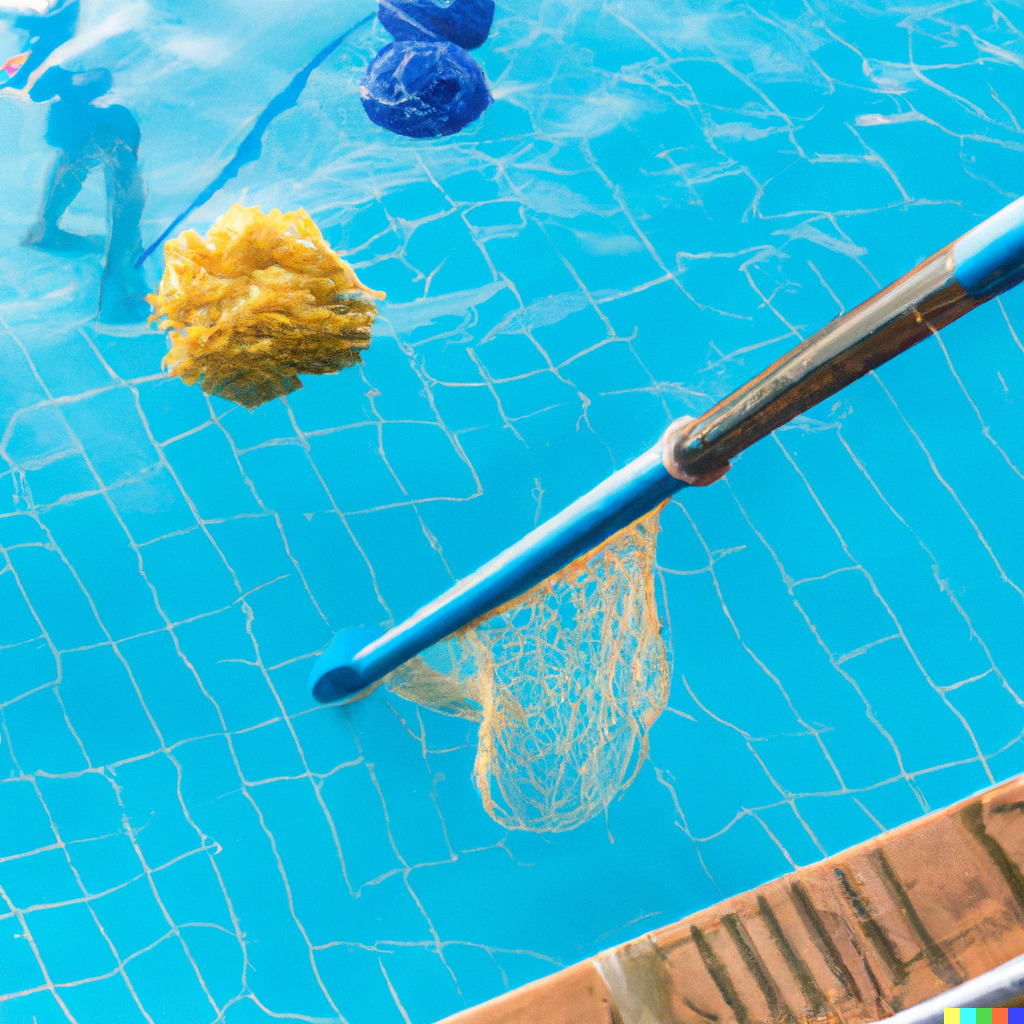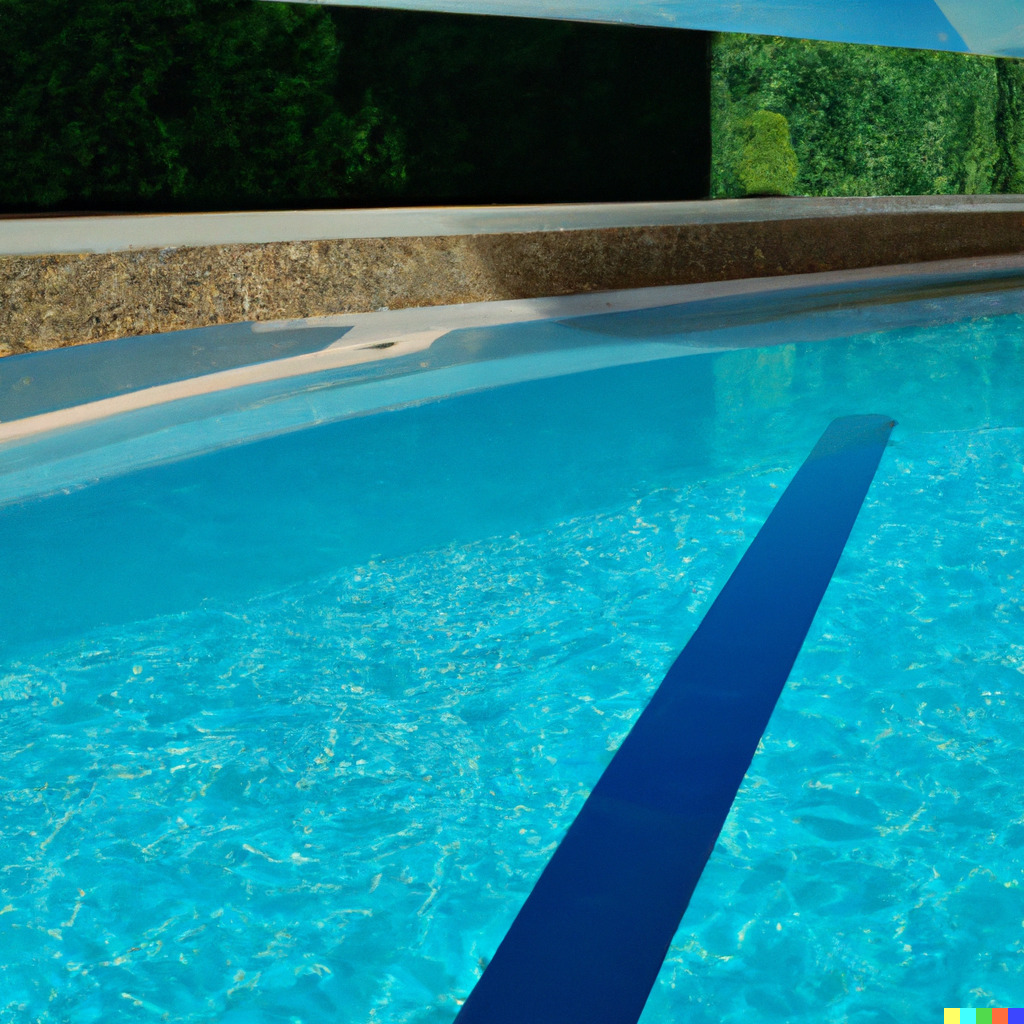Even if your money ‘don’t jiggle jiggle but folds’ courtesy of Louis Theroux, you should still make sure you know what pool supplies are actually necessary to keep your giant water bowl all nice and sparkly this summer.
Luckily we put this handy little list together, so you can save money and still have a clean pool to dive into. Let’s get going.
Table of contents

Why Do You Need Pool Cleaning Equipment?
We think there is a simple answer to that. When cleaning your pool without the proper equipment, you and your guests will be sitting in an extra large tub of soap and shampoo residue, skin cells, saliva, and bacteria. Sounds like fun.
There’s also debris swept into the water by the wind, even if you cover your pool most of the time, it does happen. And if you let your furry best friend take a dip as well… Ewww. You get the picture.
So, cleaning your pool is essential but you can’t just have a go with anything that you might find in the shed. Proper pool maintenance requires proper pool cleaning equipment to prolong the life of your pool’s water quality. Not to mention, having the right tools at hand will make your life a lot easier, and allow you to enjoy your pool much more.
Though avoid falling for the shiny recommendations of all the expensive and useless gadgets. Let’s have a look at what pool cleaning equipment is absolutely necessary to do a good job without breaking the bank.


8 Types of Pool Cleaning Equipment You Should Know If You’re Planning to Install A Pool in Brisbane
1. Pool Water Test Kit
We cannot stress how incredibly important water testing is for your pool maintenance.
It’s best to test your water at least once a week. Regular testing lets you know when you need to add chemicals to your pool to prevent nasty bacteria and algae from moving in.
(Slight warning: it does nothing against Aunt Julie moving in from Victoria for the summer school holidays. You need different equipment for that).

2. Pool Water Balance Kit
You need to balance your pool water by maintaining the proper pH, Alkalinity, and Calcium Hardness Levels. There are four different chemicals you need to help balance the water.
For increasing your alkalinity, you can either use our favourite alkalinity increaser or baking soda.
NOTE: if you want to lower your alkalinity, you can use Hydrochloric Acid. For controlling your pool pH balance, you can use pH increaser and pH decreaser.
And finally, you need to control your calcium hardness level if you have an inground swimming pool. You can use calcium hardness increaser, and it’s something you’ll only use about once per year.
If you have a quick set-up pool, then you don’t need calcium hardness. Calcium hardness helps prolong the life of your pool lining whether it’s concrete, fibreglass, or vinyl.
Sorry, we have nothing funny to say about chemicals. Make sure you use them responsibly and always keep them away from children.
3. Pool Sanitiser
Our favourite sanitiser for a swimming pool is chlorine.
It’s hands down the most effective and widely used one. In fact, if you have a saltwater pool, then you have a chlorine pool because your saltwater generator turns salt into chlorine.
However, if you don’t have a saltwater pool, you can add chlorine using 3″ tablets in either your skimmer basket or a chlorinator. And we do recommend that you use a chlorinator.

4. Pool Shock
We’re not talking about Aunt Julie dive bombing into the pool. When your pool starts to smell like a hotel pool, it’s time to shock your water.
Your pool actually shouldn’t smell like anything. This chemical smell means your sanitiser level is too low and is no longer doing its job.
Giving your pool a shock will bring sanitiser levels up where they need to be, kill bacteria, and ensure your water is clean. It can also help address mild cases of algae (again it does nothing against the case of Aunt Julie).
To accomplish all the above most effectively, choose a calcium hypochlorite or cal hypo shock. Prevent the dreaded hotel pool smell by shocking your water once a week, or at least once every other week. The more you use your pool, the more often you’ll need to shock it.
You’ll also want to shock your pool after major water level changes, pool accidents involving someone’s bowels, severe rainstorms, or when you need to kill pool invaders like algae. Here’s how to shock your swimming pool.
5. Telescopic Pole
Telescoping poles are versatile cleaning support tools, especially since most come with the option for interchangeable heads.
This means you only need one pole to use a pool skimmer, manual vacuum, or pool brush.
Depending on the width of your pool, you won’t have to constantly walk around the deck to chase debris. You’ll also have the ability to shorten the pole for cleaning tasks that require a little less reach and more control, like vacuuming the pool steps.
And if you accidentally skim the head of your rowdy children in the process… well, then kudos to you.

6. Pool Skimmer (Leaf Net) and Brushes
The most used tool in pool maintenance is the skimmer/leaf net.
It attaches to a telescopic pole so you can collect debris off the surface of the pool. And there are two types.
- Leaf Net: a deep net to catch a lot of debris,
- Skimmer: a flat net just for a quick surface skimmer.
The other frequently used tool is a brush. And there are two types as well.
An algae brush has stainless steel bristles that will easily break algae’s hold on walls, steps, and wherever else it may be hiding.
Then a regular nylon bristle pool brush if you have a vinyl liner to avoid damaging it.
Important: Stainless steel algae brushes are best for concrete or gunite pools.
7. Manual Pool Vacuum Head and Hose
Most compact vacuum cleaner heads are compact, giving you more control when you’re cleaning your pool.
Sure, a robotic cleaner can save you time and muscle strain, but it might miss hard-to-reach spaces. A manual option in your pool supplies can help you spot-clean minor problem areas before they become major problem areas.

8. Robotic (Automatic) Pool Cleaners
OK, so you don’t absolutely need this one as long as you have a manual vacuum. But a robotic pool cleaner can save you a lot of time and effort by helping to keep your pool clean, even when you’re not around.
Think about it. You have a rough day at work, the only thing keeping you away from murdering your boss is to ponder about taking a refreshing dip in your clear, clean pool at home. Except, while you were at work, a bunch of leaves and other stuff blew into the water, so before you can relax and enjoy your pool, you have to vacuum it. Ugh. You may as well stay inside and watch the news.
But if you had a robotic cleaner zipping around the pool all day, you’d come home to clear water ready for you to dive in with no hassle at all. We think this makes it one of the most helpful pool supplies you can have in your pool care arsenal. Though with this one, you better put it on your Christmas list, and pray that you were a good boy/girl.


How Can Proper Pool Cleaning Equipment Help Keep a Pool Healthy?
Well, we have to say, the one thing that ties all of these essential pool equipment together, is you.
By using these pool cleaning tools regularly and effectively you can maintain great water quality, proper hygiene and you can also give Aunt Julie something to brag about when finally she is willing to return to the south of the border.
Remember, a healthy pool means longevity, and less costly repairs in the future.


Drawbacks of Not Having Proper Pool Cleaning Equipment
We think this one is obvious. Poor pool maintenance can pose health dangers as a result of improper water balance and bacterial buildup to you and those who use your pool.
Additionally, not maintaining your swimming pool with the proper cleaning equipment and not taking care of your pool water can result in costly damage to the pool liner, which can eventually crack. Just like Aunt Julie when the kids are hogging the pool.
Do you have more questions or are interested in our professional services? Get in touch now.




